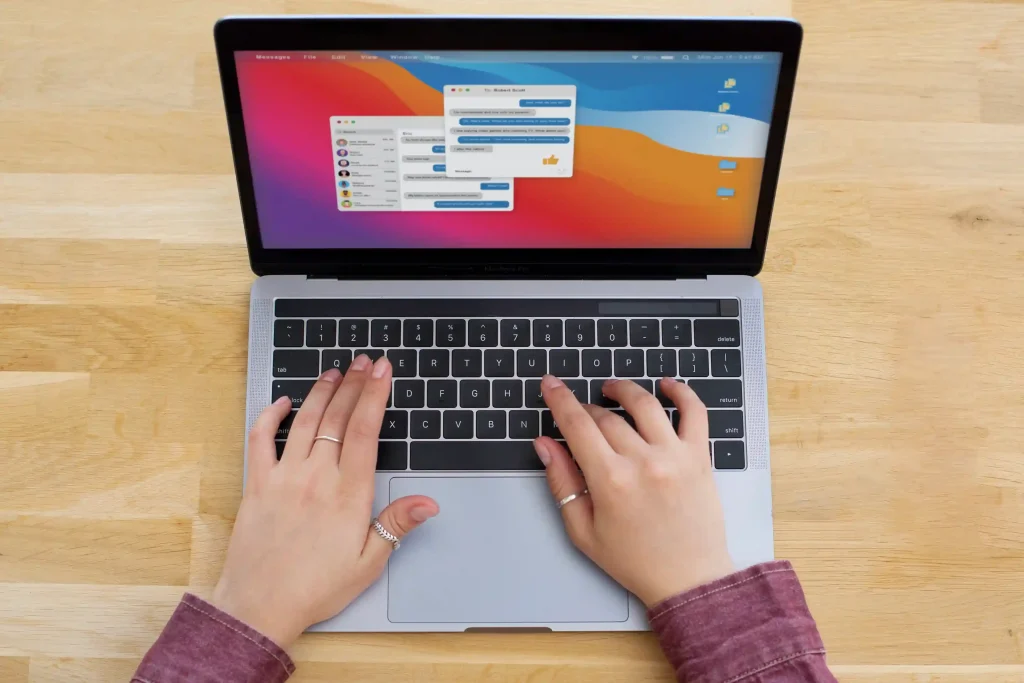Google’s mission: making the web faster
In 2009, Google wanted to make the web faster. They asked website owners to improve their site speed.
In 2010, the company announced that fast-loading websites would rank higher in desktop search results.
In 2015, Google reported that more searches were done on mobile devices than on desktops. This trend has continued to grow, with 61% of Google searches coming from mobile devices in 2019.
Mobile search became so popular that it led to the launch of the Accelerated Mobile Pages (AMP) project. This project encourages website owners to create simplified versions of their pages that meet strict performance standards.

Compare responsive and AMP mobile themes.
Many site owners and SEOs complain about considering page speed and AMP among many ranking factors. However, speed is still crucial. In 2017, Google confirmed their commitment to improving web speed. They found that the likelihood of a user abandoning a mobile site increases by 123% as page load time increases from 1 to 10 seconds.
In July 2018, page speed became a ranking factor for mobile search. Now, Google includes more speed-related metrics like Core Web Vitals.
Page speed is still important as attention spans shrink and mobile device use rises.
Optimize your site speed.
Think like a racer.
Winning the page speed race is like winning a car race: your site must be lightweight, powerful, and well-managed.
In this way, optimizing page loading speed becomes simpler.

Go lightweight
Websites have become beautiful and functional, but also increased in size. Many websites are overloaded with unnecessary features, which makes them heavy and slow. On the Internet, these websites won’t be able to win.
To win the race for speed, you need a “race car”. It doesn’t have unnecessary things like radios or cup holders. Similarly, your site shouldn’t be loaded with complex animations, huge images, or unnecessary plugins.
To make the site lighter:
Use fewer third-party scripts.
Switch to a simpler theme with fewer fonts.
Implement AMP.
Compress images.
Minify and compress code.
Optimize your database regularly.
WordPress has optimization plugins like WP Rocket and Imagify that can make your site lighter.

Power it up
Cheap shared hosting may seem like a good deal, but it’s not the best choice for your site. Investing in quality hosting is essential for its success.
Shared hosting can be insufficient for serious work due to limited resources. Consider upgrading to a higher-quality hosting service like WP Engine or Flywheel.
If managed hosting doesn’t work for you, try a VPS plan for more power and control over your hosting.

Improve your driving.
A fast race car needs a skilled driver. The same goes for web pages. Every part of your site is a turn for the browser.
When a web page loads, the browser colors the data. Optimizing this speeds up loading. Caching compiles code in advance, reducing latency.
Different types of caching can be achieved through plugins and CDNs. These services not only cache data, but also host it on servers around the world, which reduces loading times.
Improve Core Web Vitals
Core Web Vitals optimization improves page load performance.
In short,
Page speed optimization is key for high search rankings. Make your site a race car, not a golf cart!


